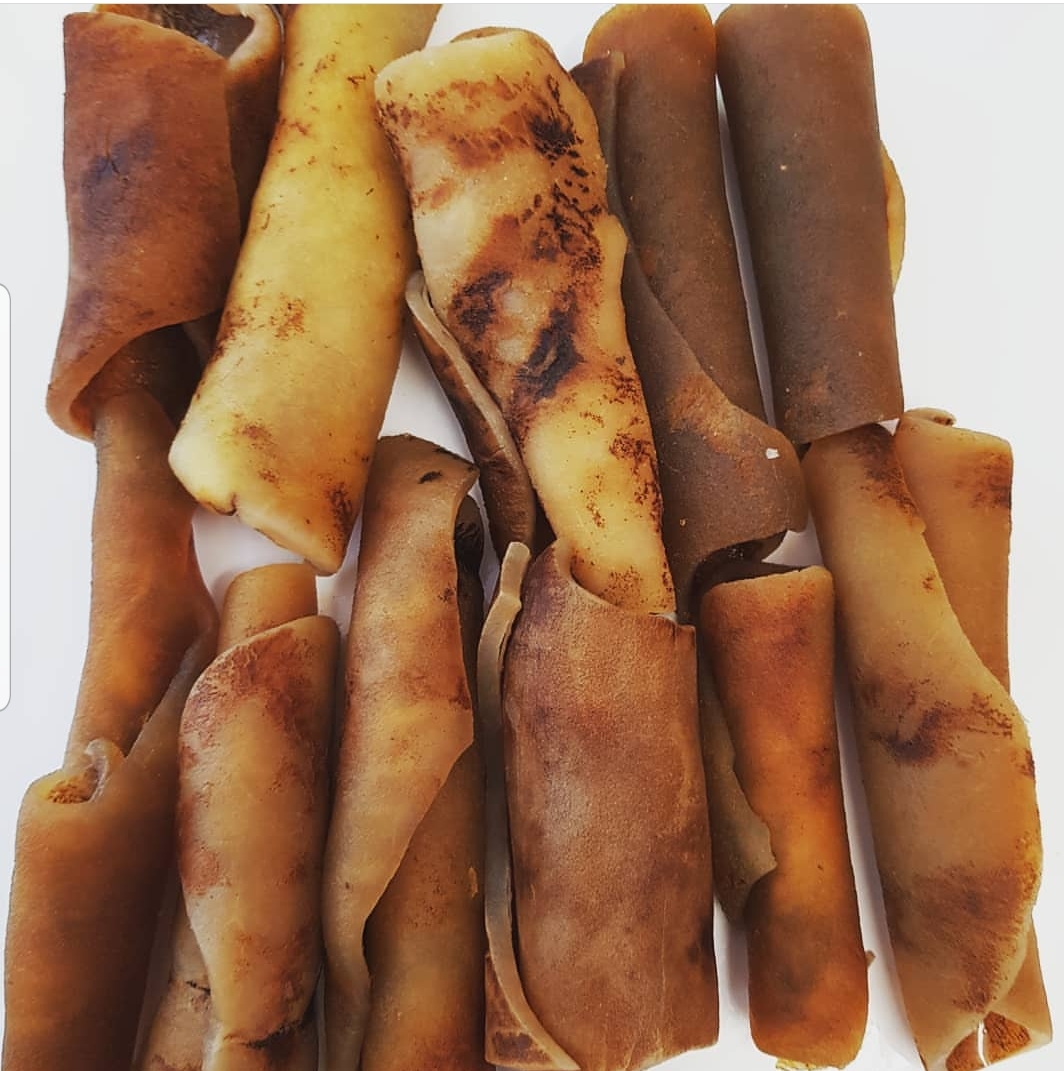• Economic Potential: Nigeria’s leather industry has the potential to generate $1 billion by 2025, making it a game-changer for the country’s economy .
• Current State: The industry currently employs over 750,000 workers and has about 11 leather exporting companies active at the upstream end of the leather value chain .
• Challenges: The industry faces challenges such as structural barriers, poor visibility, and lack of government intervention, leading to revenue loss of about $300 million annually .
• Revival Plans: The Nigerian Institute of Leather and Science Technology (NILEST) plans to establish mini tanneries across all states to bolster the industry .
• Government Support: The government aims to support the industry through public-private partnerships, fiscal incentives, and enhancing technology and human capital development .
• Market Opportunities: Nigeria has the largest resource of goatskin and kidskin in Africa, representing 46% and 18% of total in West Africa and Africa, respectively .
• Global Market: The global leather market is valued at $730 billion, and Nigeria aims to grab a share of it .
Nigeria’s leather industry is about to get a major boost! The Nigerian Institute of Leather and Science Technology (NILEST) plans to set up mini tanneries in every state across the country to process hides and skins into leather . This move aims to equip Nigeria with the right infrastructure and technology to properly process leather, according to NILEST’s Director-General, Mohammed Yakubu.
The Problem with Nigeria’s Leather Industry
Currently, the industry faces significant challenges due to poor infrastructure, particularly power supply. Yakubu notes that power accounts for over 50% of production costs, making it difficult for Nigerian leather industries to compete with foreign counterparts . The lack of adequate infrastructure has led to the collapse of the leather industry, despite Nigeria’s rich resources and potential.
The Solution: Mini Tanneries
To address this issue, NILEST plans to establish mini tanneries across the country. These tanneries will process between one to five tonnes of leather weekly, focusing on products that can be manufactured locally . By doing so, Nigeria can reduce its reliance on imported leather products and create employment opportunities for its teeming youths.
Benefits of the Initiative
The mini tanneries will also help reduce the consumption of animal hides, known locally as ‘ponmo’, which is widely eaten in Nigeria due to the limited capacity of existing industries . With the new tanneries, Nigeria can:
- Increase leather production: Process more hides and skins into leather for local and international markets.
- Create jobs: Employ youths and stimulate economic growth.
- Attract foreign exchange: Export leather products to countries like China, Brazil, and India.
- Discourage ponmo consumption: Reduce the demand for animal hides as food.
Call to Action
Yakubu urges the government to provide affordable power to leather industries, emphasizing that this is crucial for the industry’s revival . By addressing the power component, Nigeria can unlock the potential of its leather industry and become a significant player in the global market.





















